

Tao Te Ching
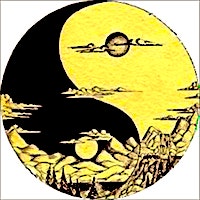
Taoism
After Lao Tzu and Zhuang Tzu, Taoism split into at least three different directions: Philosophical Taoism based on the Tao Te Ching, the Zhuangzi, and staying true to the original inspiration; Religious Taoism that incorporated many rituals, superstitions, and ceremonies; and “Practical Taoism” with a focus on health, longevity, and practices like Tai Chi, Feng Shui, martial arts, and complex meditation practices.
Our focus here is on Philosophical Taoism that personifies our theme of the “Wisdom Beyond Words.” To understand this means going beyond words; only using them as stepping stones or launching pads into something deeper and more real. And as becomes clear looking into the lineages and lineage holders described here; all authentic traditions, religions, and philosophies share as least a small stream of teachings and awareness of the sense buried beneath the words, of understanding based on experience rather than faith, belief, tradition or philosophy.
Although genuine Taoism champions this theme, unfortunately—like almost all traditions—frequently sinks into superstition, materialism, and belief systems. Unlike most of the other traditions though with the sometimes exception of Buddhism, the Taoism core realizations seem to more easily shine through the “golden chains” of religious conceptualization and practice bringing this profound and ancient wisdom into our modern world.
Quotes (61)
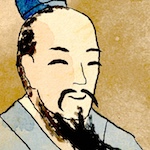
“Where is Tao? There is nowhere it is not to be found… It is in the ant… It is in the weeds… it is in this turd… Tao is great in all things, complete in all, universal in all, whole in all.”
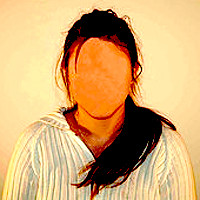
“In Taiwan 7.5 million people (33% of the population) identify themselves as Taoists.”
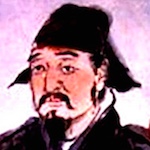
“The Tao drifts everywhere. It can go left or right. It can go up or down. Wherever we turn, it’s there for us to use.”

“in our Taoism, the expression 'to produce emptiness' contains the whole work of completing life and essence... It is the washing of the heart and the purification of the thoughts...the work of making the heart empty... forever tarrying in purposelessness.”
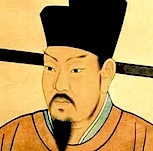
“Taoists don’t avoid what others hate… They only avoid what others fight over, namely flattery and ostentation.”
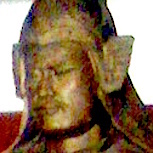
“Lao-tzu's 5000-word text clarifies what is mysterious as well as what is obvious. It can be used to attain the Tao, to order a country, or to cultivate the body.”
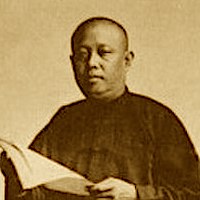
“The differences between Confucius and Lao Tzu are no more significant than the preference for wheat in North China and rice in the South.”
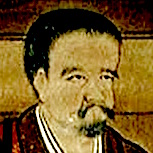
“Rather than trying to become a buddha, nothing could be simpler than taking the shortcut of remaining a buddha!”
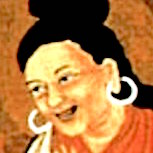
“Searching through the paths and levels for a place far away, they have never had a chance to arrive at buddhahood.”
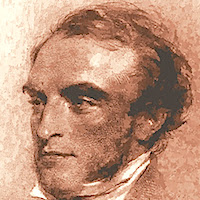
“Lao Tzu's Taoism is the exhibition of a way or method of living which men should cultivate as the highest and purest development of their nature.”

“Although Confucian philosophy has become the guiding star of the Chinese government, Lao Tzu has taken a firm hold on the hearts of the people. In the progress of time, his figure has grown in significance into the stature of a Christ-like superhuman personality.”
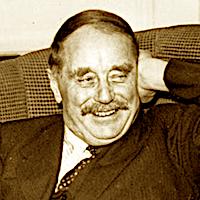
“After his death, Lao Tzu’s teachings were corrupted and overlaid by legends and had the most complex and extraordinary observances and superstitious ideas grafted upon them.”
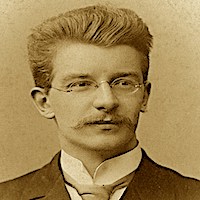
“While Taoism degenerated more and more in the Han period in an external wizardry... Lü Dongbin's movement represented a reform. The alchemistic signs became symbols of psychological processes”

“since Confucianism has a broad common base with Taoism, the union of these two sets of ideas does not cause a loss in coherence.”

“I was completely ignorant of Chinese philosophy and it was only much later that my professional experiences showed me that in my methods I was unconsciously led along that secret way which for centuries has been the preoccupation of the best minds of the east.”
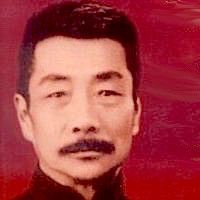
“People hate Buddhist monks and nuns, Mohammedans, and Christians. But no one hates a Taoist. To understand the reason for this is to understand half of China.”
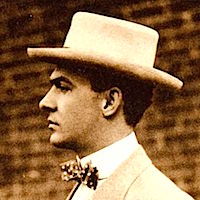
“Confucius had the wisdom to forbid that a religion be based on his personality or codes; and his injunction against graven images has fared better than a similar injunction in the Ten Commandment. Hence Confucius continues unchanged as a realistic philosopher, an early pragmatist, while Lao Tzu and Jesus, his ethical fellows, have been tampered with by prelates, have been more and more removed from human living and relegated as mystics to a supernatural world.”

“[Taoism is] the straightest, most logical explanation as yet advanced for the continuance of life, the most logical use yet advised for enjoying it.”

“Lao Tzu knew that organization and institution interfere with man's responsibility to himself and therefore with his proper use of life... yet Taoism in China is a cult compounded of devils and derelicts, a priest-ridden clutter of superstitions founded on ignorance and fear... Lao Tzu's simple, delighted awareness of the way of life has been twisted into a quest for the philosopher's stone.”

“Popular theologians took the misty doctrine of Lao Tzu and gradually transformed it into a religion. People flocked to it, built temples, supported its priesthood and poured into the new faith their inexhaustible superstitious lore. Lao Tzu was made a god... For a thousand years the Taoist faith had millions of adherents, converted many emperors, and fought long battle of intrigue to wrest from the Confucians the divine right to tax and spend.”
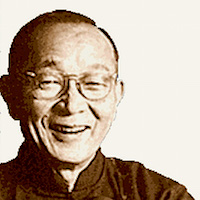
“Confucians worship culture and reason; Taoists reject them in favor of nature and intuition, and the one who rejects anything always seems to stand on a higher level and therefore always seems more attractive than the one who accepts it... Lao Tzu's aphorisms communicate an excitement which Confucian humdrum good sense cannot. Confucian philosophy is a philosophy of social order, and order is seldom exciting.”

“The principal teaching of Lao Tzu is humility... gentleness, resignation, the futility of contention, the strength of weakness.”

“Above all, the one important message of Taoism is the oneness and spirituality of the material universe.”
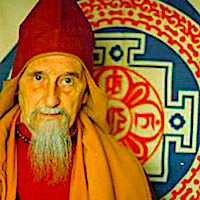
“Taoism and Buddhism pursue the same aims... The highest goal of Taoism as well as Buddhism is a state of enlightenment which the Buddha defines as the overcoming of greed, hatred, and ignorance—not stupidity but the ignoring of facts which appear uncomfortable or against our desires.”
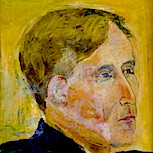
“The commonest charge brought against Taoists was that of being merely interested in self-perfection without regard for the welfare of the community as a whole. This chapter is devoted to rebutting that charge.”
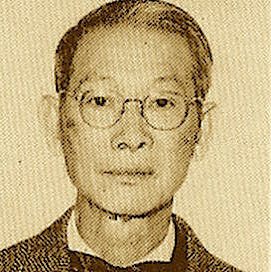
“The Taoist interest in non-being [… ] prepared the Chinese mind for the acceptance of the Buddhist doctrine of Emptiness.”

“Taoism wants the concentration of chi (vital force) to be weak, whereas Confucianism wants it to be strong... Such is the contrast between Confucianism and Taoism.”

“Guidance, if given at all, should be so subtle that the person concerned doesn’t know he is being guided. Confrontation, to Taoists, is unthinkable… for the Tao is most easily found when laughter comes spontaneously.”
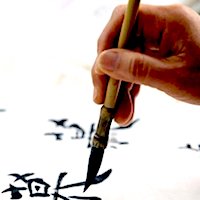
“Tao originally meant 'moon.' The Yiching stresses bright moon, while Lao Tzu stresses the dark moon.”

“The reasons religions die are many. Some (like Taoism) evolved so extensively from their original form that they gave away their uniqueness.”
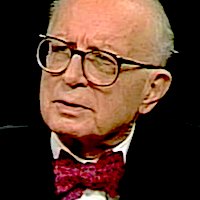
“An antidote—and a complement—to the rigid moralism of the later Confucians and their state religion, Taoism became both an elevated philosophy and a popular religion.”
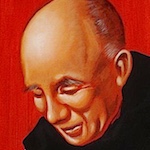
“There is no question that the kind of thought and culture represented by Chuang Tzu was what transformed highly speculative Indian Buddhism into the humorous, iconoclastic, and totally practical kind of Buddhism what was to flourish in China and in Japan in the various schools of Zen.”
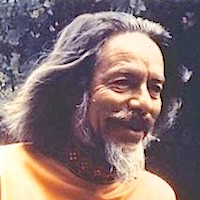
“Buddhism and Taoism—unlike Hinduism, Islam, and Judaism—are not whole cultures but critiques of culture: endearing, non-violent revolutions or 'loyal oppositions' to the cultures they live in.”
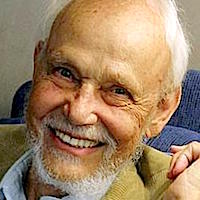
“In accounting terms, we can say that if Philosophical Taoists work at increasing net profits by cutting costs, Religious Taoists try it by increasing gross income.”

“That in China the scholar ranked at the top of the social scale may have been Confucius’ doing, but Taoism is fully as responsible for placing the soldier at that bottom.”

“Confucius stresses social responsibility, Lao Tzu praises spontaneity and naturalness… Confucius roams within society, Lao Tzu wanders beyond.”
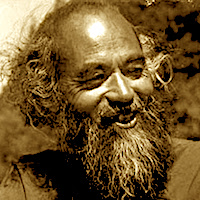
“Whereas Confucianism is concerned with day-to-day rules of conduct, Taoism is concerned with a more spiritual level of being... The essence of Taoism is contained in the 84 chapters of the book [Tao Te Ching]—roughly 5000 words—which have for 2500 years provided one of the major underlying influences in Chinese thought and culture, emerging also in proverbs and folklore.”
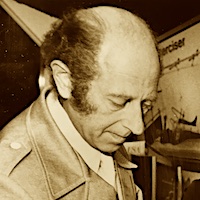
“Lao Tzu's ancient philosophy provides a window through which we can acquire such a perspective—one that can intellectually catapult us beyond the limitations and toxins of our everyday lives.”
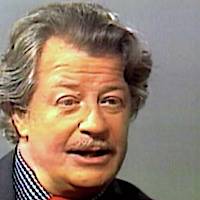
“Remember, in tranquillity, that the Absolute, the Tao, is within thee, that no priest or cult or dogma or book or saying or teaching or teacher stands between Thou and It.”
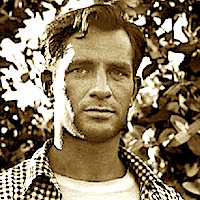
“Taoism is a human religion rather than divine like Buddhism. Tao can be 'used' (as by... cackling architects of the eternal nod)”
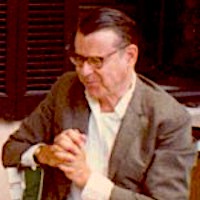
“The Tao Te Ching is a magic mirror, always found to reflect our concept of the truth. How easily we find our image in it! From person to person the sense changes, but the truthfulness remains.”

“Taoism cannot be traced back to Lao Tzu or any other single man. Its principal branches were not offshoots of the Taoist church. Those who set up the church were not followers of Lao Tzu (they turned their backs on almost every precept in his book). the doctrines of Taoism are no more 'corrupt' today than they were when it began. And to call it a religion at all is misleading because, though it included a religion, its other elements were equally important.”
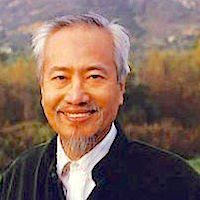
“The teachings of Lao Tzu point to and reveal the highest dimension of life that is the original focus and inspiration for all religions.”
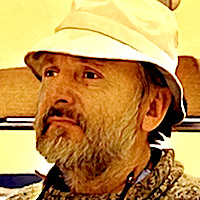
“The doctrinal differences between Hinduism and Buddhism and Taoism are not anywhere near as important as doctrinal differences among Christianity and Islam and Judaism. Holy wars are not fought over them because verbalized statements about reality are never presumed to be reality itself.”
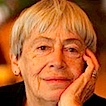
“Lao Tzu is not saying that immortality or even longevity is desirable. The religion called Taoism has spent much imagination on ways to prolong life interminably or gain immortality… but the Lao Tzu who wrote this had no truck with such notions.”

“Taoists gain their ends without the use of means. That is indeed a light that does not shine.”
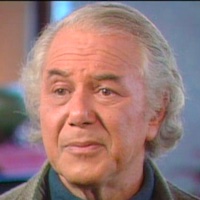
“What is most necessary for people and what is given us in great abundance, are experiences, especially experiences of the forces within us. This is our most essential food, our most essential wealth. If we consciously receive all this abundance, the universe will pour into us what is called life in Judaism, spirit in Christianity, light in Islam, power in Taoism.”
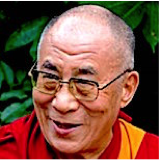
“I maintain that Buddhism, Christianity, Confucianism, Hinduism, Islam, Jainism, Judaism, Sikhism, Taoism, and Zoroastrianism all hold up love as an ideal, seek to benefit humanity through spiritual practice, and strive to make their followers better people.”
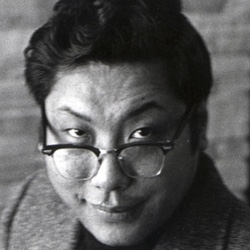
“From the point of view of the Madhyamaka school, these other approaches... earlier Buddhist philosophical schools, theistic Hinduism, Vedantism, Islam, Christianity, and most other religious and philosophical traditions... can be grouped together into three categories: the eternalists, the nihilists, and the atomists... atomisitic pluralism”
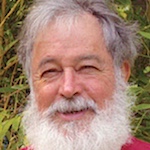
“Lao Tzu teaches us that the dark can always become light and contains within itself the potential for growth an long life, while the light can only become dark and brings with it decay and early death. Lao Tzu chose long life. Thus he chose the dark.”
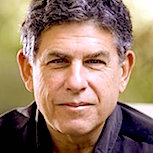
“Intellectuals began debating... scholars wrote tomes... moralists determined what is on the Way and what if off... thus Taoism was born”
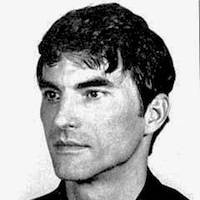
“Taoism is based, first and foremost, on the experience of this universal Way, the essential reality through which derivative ways might be comprehended... Eventually the scope of the Way led them to undertake the investigation of vast domains of knowledge and experience... in three critical areas: individual well-being, social harmony, and accelerated evolution of consciousness.”

“In its pristine sense, the meaning of following the Tao, later called Taoism or wayfaring, included the whole spectrum of the search for knowledge... the schools of learning that retained the most comprehensive range of interest general came to be known as Taoist... [It] was used as a primary source for terms and concepts through which Buddhism could be explained to the Chinese.”
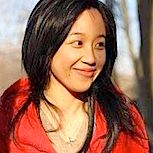
“Taoism is unique among the major schools of Chinese thought in emphasizing the priority of the feminine principle (yin) over the masculine principle (yang).”
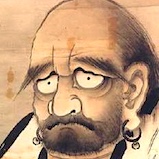
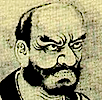
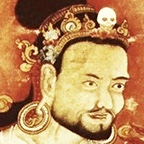
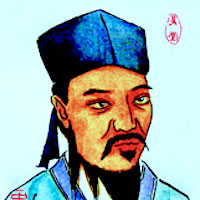
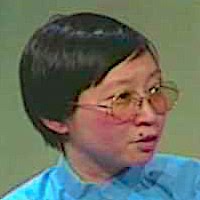
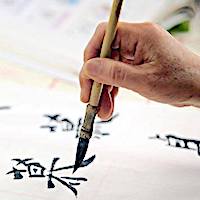
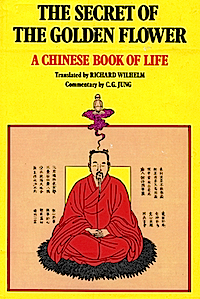

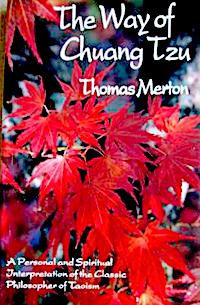
Comments (0)